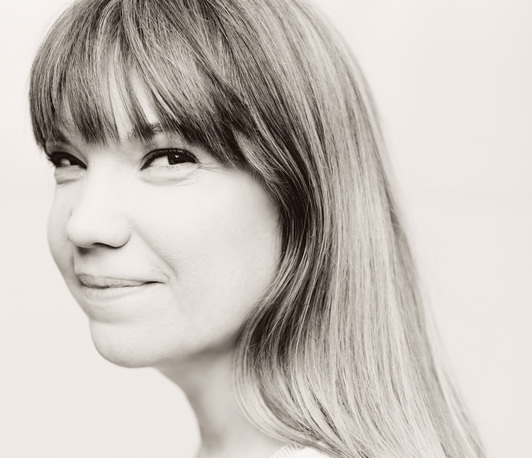HoE Colloquium: Joy in Science - the many uses of "fun" in self-descriptions by Nobel laureates in physics
- Date: Nov 23, 2023
- Time: 05:00 PM (Local Time Germany)
- Speaker: Annelie Drakman, Stockholm University
- Location: Max Planck Institute for Human Development, Lentzeallee 94, 14195 Berlin
- Room: Large Conference Room
- Host: Center for the History of Emotions

Annelie Drakman, Stockholm University
Joy in Science – the many uses of "fun" in self-descriptions by Nobel laureates in physics
Science is repeatedly said to be an endeavor free of emotion; in fact, a crucial criteria for an activity to being called scientific is often said to be its disinterestedness. And yet, many autobiographies by successful scientists overflow with descriptions of joy. In this presentation, I explore how two Nobel laureates in physics, Donna Strickland (2018) and Richard Feynman (1965) use positive emotion centered around having "fun" as a central concept to describe science and the life of a scientist.
Multiple connotations of fun –independence, incorruptibility, virtuosity, approachability, exceptionality, harmlessness, open mindedness and charisma will be explored, as will several relevant contexts, such as American Cold War politics (Feynman) and being an "underdog" laureate (Strickland).
Annelie Drakman earned her PhD in the History of Science and Ideas at Uppsala University, Sweden in 2018, with a dissertation awarded international acclaim. She has been a visiting fellow at King's College London, New York University and Harvard University, and has been invited to teach future physicists, chemists, physicians and historians at Harvard University, Colby College, the Karolinska Institute, as well as the universities in Lund, Uppsala and Stockholm. She is currently the PI of the three year-project Joy in Science, based at Stockholm University, investigating the use of positive emotions in self-descriptions by Nobel laureates in science.